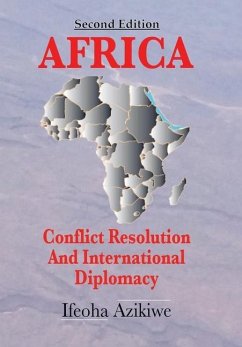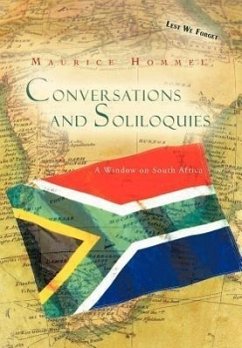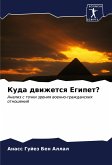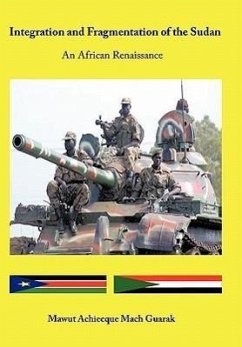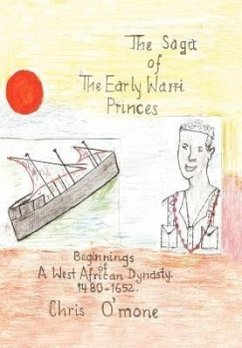In 2011, conflicts in Africa redrew the map of the continent. The protracted conflict in the Republic of Sudan created a new country, South Sudan, Africa and the world's youngest nation. The continent upgraded from 54 to 55 nations, including the Saharawi Arab Democratic Republic. However, since then, neither Sudan nor South Sudan has seen peace. South Sudanese independence increased the wave of agitation for separatism and self-determination; an evolving crisis situation, which the continent has to deal with now, and in the nearest future. In Cameroun, the clamour for an independent state of Ambazonia rattles the administration of President Paul Biya, 89, now in his uninterrupted 40 years presidency. Nigeria seats precariously on the brink as sectarian agitators intensify quest for autonomy from the central government. The people of Somaliland run an administration in Hargeisa, distinct from Mogadishu, and in Tanzania, the Island of Zanzibar is on the watch-list as their 56-year symbiotic relationship gets pregnant with a baby of unknown gender. In the past ten years under review, too many things happened in quick succession. The storm created by the "Arab Spring" in 2011, swept out three sit-tight presidents in a row, Mohammad Hosni Mubarak of Egypt, Zine El Abidine Ben Ali, Tunisia, and Muammar Abu Minyar al-Gaddafi, Libya. Today, the security situation in Africa remains most frightening with the infiltration of die-hard Islamist jihadists and terrorists; al-Qaeda, al-Shabaab, Taliban, ISIL, Boko Haram, Islamic State in West Africa, and marauding herdsmen, whose gambit seeks to enthrone dodgy Islamist ideologies in Africa, outside known core values of Mohammedanism. The narrative is thus, shifting from socio-economic and politically-motivated conflicts to religious war, with islamisation of Africa high on the agenda. Can Africa survive this imminent catastrophe?
Hinweis: Dieser Artikel kann nur an eine deutsche Lieferadresse ausgeliefert werden.
Hinweis: Dieser Artikel kann nur an eine deutsche Lieferadresse ausgeliefert werden.

